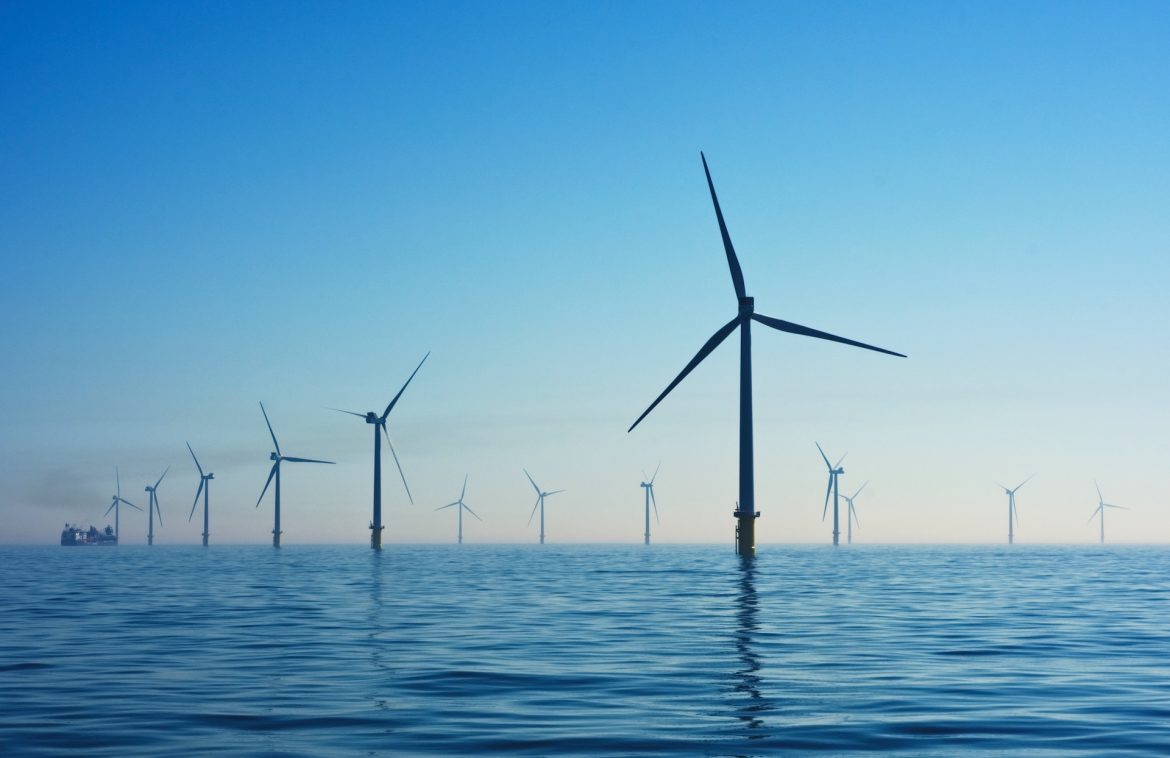Morocco and the UK plan to link their renewable energy sources through a 3,800-kilometre subsea cable that could power more than seven million British homes by 2030. The ambitious project, dubbed Xlinks, has been designated as a Nationally Significant Infrastructure Project (NSIP) by the UK government, which means it will be fast-tracked for development consent.
Xlinks is a private renewable energy company based in the UK that aims to harness Morocco’s abundant wind and solar resources and transmit them to the UK via a high-voltage direct current (HVDC) cable. The cable will run along the seabed from Guelmim in southern Morocco to Budleigh Salterton in Devon, England. It will have a 3.6 gigawatts (GW) capacity, equivalent to about 8% of the UK’s energy needs.
The project is expected to cost around £18 billion and create thousands of jobs in both countries. It will also help the UK achieve its net-zero emissions target by 2050 and reduce its dependence on fossil fuels and nuclear power. Xlinks claims that its renewable energy will be cheaper and more reliable than other sources, as Morocco has a stable climate and a time zone that is complementary to the UK.
The project has received backing from Abu Dhabi’s sovereign wealth fund Mubadala Investment Company, which has agreed to invest up to £1.5 billion in exchange for a 50% stake in Xlinks. The company also seeks a 25-year contract with the UK government to guarantee a fixed electricity price for its power.
Xlinks is not the only company that is exploring the potential of cross-border renewable energy transmission. In June, Norway and Germany inaugurated the NordLink cable, which connects their hydropower and wind energy sources. The cable has a capacity of 1.4 GW and stretches for 623 kilometers under the North Sea. Another project, called EuroAfrica Interconnector, plans to link Egypt, Cyprus, and Greece via a 2 GW cable that will span 1,707 kilometers.
Simon Morrish, the chief executive officer of Xlinks, said that the project would be a “game-changer” for the UK’s energy security and decarbonization efforts. He added that the company will consult further with the local communities in both countries to meet the requirements of the Planning Act 2008.
The project is expected to start construction in 2025 and be operational by 2030. It will be one of the largest and most complex engineering projects ever undertaken and one of the most beneficial for the environment and society.
Source: Business Insider Africa



